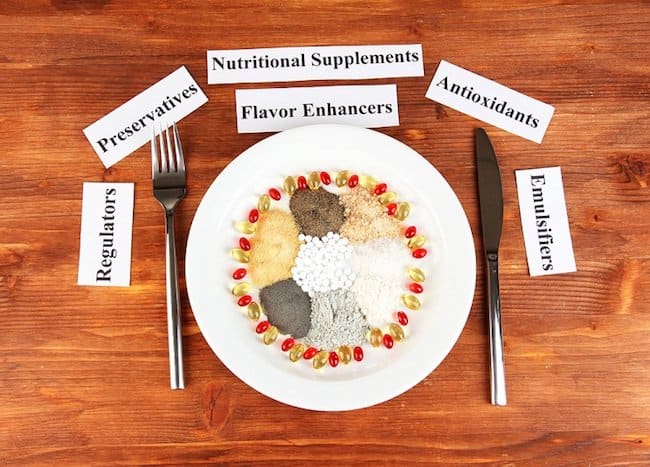
Unless you are totally self sustaining and grow your own vegetables, harvest your own wheat and farm your own sheep, you are likely to have eaten foods containing preservatives at some stage in your life. For most people, the majority of the food they eat is packed full with preservatives and it is becoming more and more difficult to buy food that does not contain these additives.
Food preservatives have become part of our normal food chain, but are they safe and do they have any negative consequences for our health?
What are food preservatives?
Food preservatives refer to additives that are put into food to extend its shelf life. They prevent spoilage of the food due to bacteria, molds and fungi and slow down changes in colour and texture that make the product inedible or unappetizing.
The addition of these products helps to maintain freshness for extended periods on supermarket shelves, in transport and in the cupboards of consumers and delays rancidity.
What types of food contain preservatives?
Just about any food with the exception of unprocessed organic fresh produce contains or is treated with some kind of preservatives. Drinks, baked food, meat, cereals, chocolates (or other snacks), fruit, vegetables, oils and margarines are all likely to contain some form of preservative unless advertised as preservative free.
Common names found on product labels include Ascorbic acid (vitamin C), citric acid, sodium benzoate, BHA,BHT, EDTA, tocopherols (vitamin E), calcium propionate, sodium nitrite, calcium and potassium sorbate.
Are food preservatives considered safe to eat?
FDA has a strict system for classification of food additives as safe to eat and to be used in the preservation of foods. This system is based on extensive research and evidence, however, as science is constantly evolving it has been the case in the past that new evidence has suggested that a food additive previously considered to be safe is in fact a health risk.
In general, preservatives found in foods are considered safe in terms of available data and the use of new compounds as preservatives is subject to strict testing before release for consumption.
Are there any common food preservatives that are considered harmful?
There is some evidence that certain food preservatives may contribute to adverse health reactions either in small populations or on a general level. Food preservatives which have definite evidence that they are harmful are banned from the use in foods.
Sulfites
An allergy to sulphites, a preservative found in many forms in foods such as dried fruit, wine and proceeded potatoes is reasonably common. Allergic reactions can manifest in many different forms depending on the severity of the allergy, but can be dangerous in some individuals.
Sodium Nitrate and Nitrite
Although not strong evidence, there is some suggestion that sodium nitrate and nitrite, a common preservative in cured and processed meats that contributes both flavour and colour and prevents the growth of bacteria, may be linked to increased cancer risk.
It is thought that nitrite can react to form nitrosamines which have been associated with cancer. The good news is that many companies now add other compounds to their meat to inhibit this reaction, greatly reducing the risk of this problem.
Sodium Benzoate
There has been some suggestion that sodium benzoate, a common preservative found in fruit juices, pickles and soft drinks may cause hyperactivity in children. It may also induce allergic reactions in susceptible individuals.
In the past this preservative was often used together with ascorbic acids, which reacted to form benzene which can increase risk of leukaemia. However, due to strict regulations the majority of these beverages have been reformulated.
Butylated Hydroxyanisole (BHA) and Butylated Hydroxytoluene (BHT)
These common antioxidant type preservatives are found in various cereals, some types of gum, French fries and vegetables oils. Studies into their safety have had varied results with some suggestion that they may cause cancer in animal studies.
They are still permitted in food by the FDA, however, many companies are now using safer chemicals and processes with less controversy surrounding them, or simply leaving them out of products.
Fat, Salt and Sugar
Although these are such common ingredient in food that we do not think of them as preservatives, these three substances play a large part in the preservation of many everyday foods, even those we make ourselves. There is plenty of evidence that a high salt, high sugar or high fat (of certain types) diet can be detrimental to our health.
You need to remember when buying products, although they may be advertised as ‘all natural’ or ‘preservative free’, in all likelihood they still contain these substances, which may be worse for our health than other preservatives.
How to avoid food preservatives
Although the majority of food preservatives have been deemed safe for consumption, if you wish to avoid these substances, there are a number of steps you can take to reduce your intake.
- Buy organic where possible: This is one clear way to avoid consuming added preservatives, although can be more expensive and is not always more nutritious. Look for USDA approved organic products to be certain you are getting what you pay for.
- Eat fresh: Although eating fresh food may not completely eliminate preservatives in your diet, they generally contain less than packaged and processed foods. Just look at how long they last on your shelf as evidence.
- Go natural: Where possible, choose products that are ‘natural’ or preservative free’. Although this may not mean they are totally healthy products, at least you know they will not contain any harmful chemicals.
- Learn to read food labels: If there is a particular preservative you wish to avoid for health or medical reasons, learn how to identify the compound on food packaging. It can also be helpful to know what types of food usually contain this chemical in order to save a bit of time in the supermarket.
References used in this article

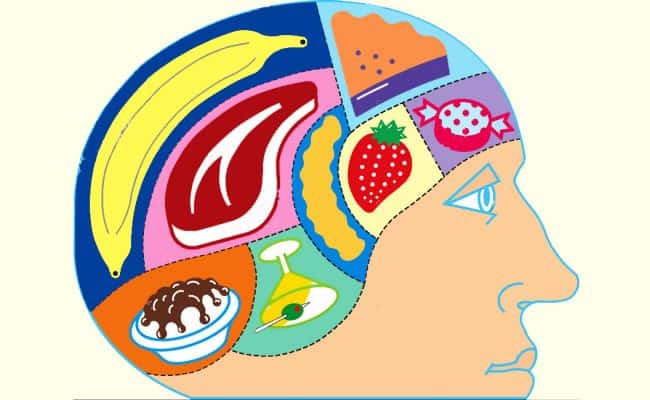


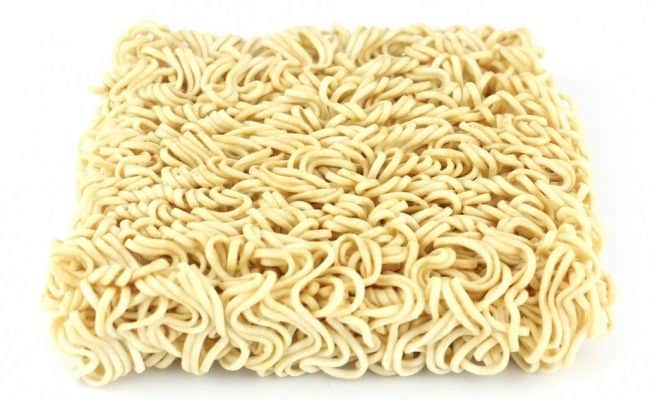
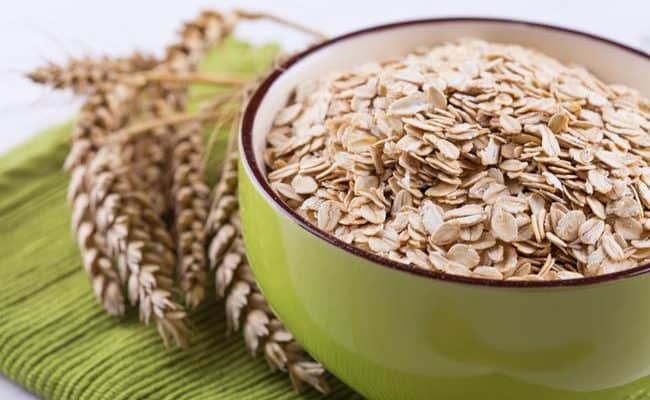

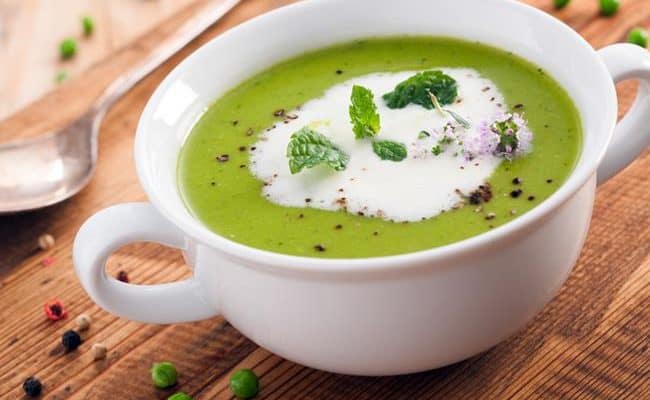
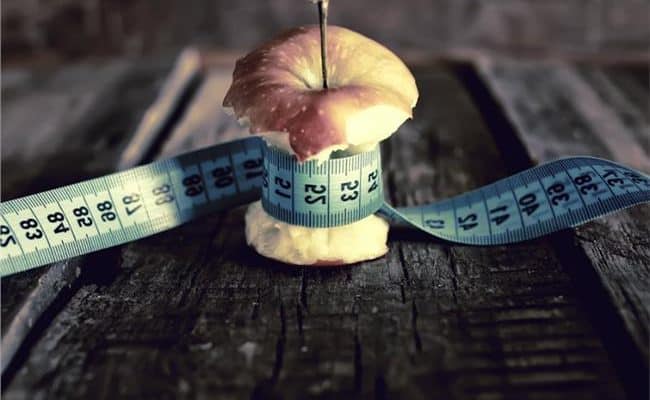


Joseph says
Beginning recently, some fresh green vegetables like brocolli and kale have been unappetising because of something unnatural on them. Whatever it is, it doesn’t wash off and barely cooks off.